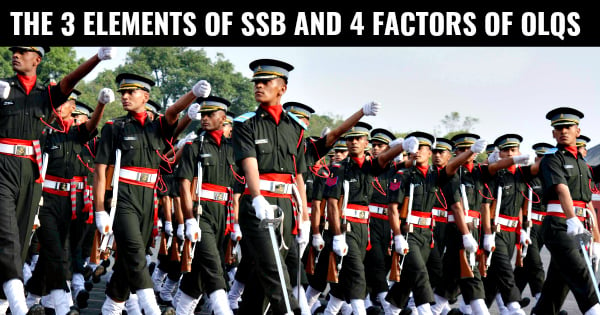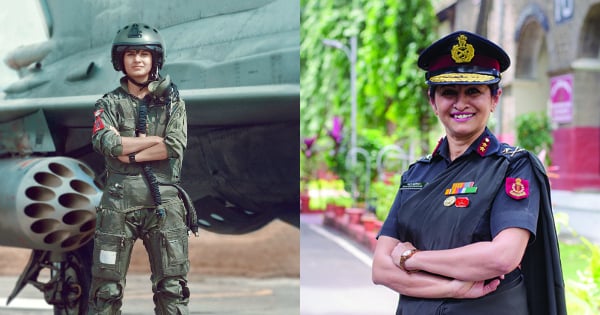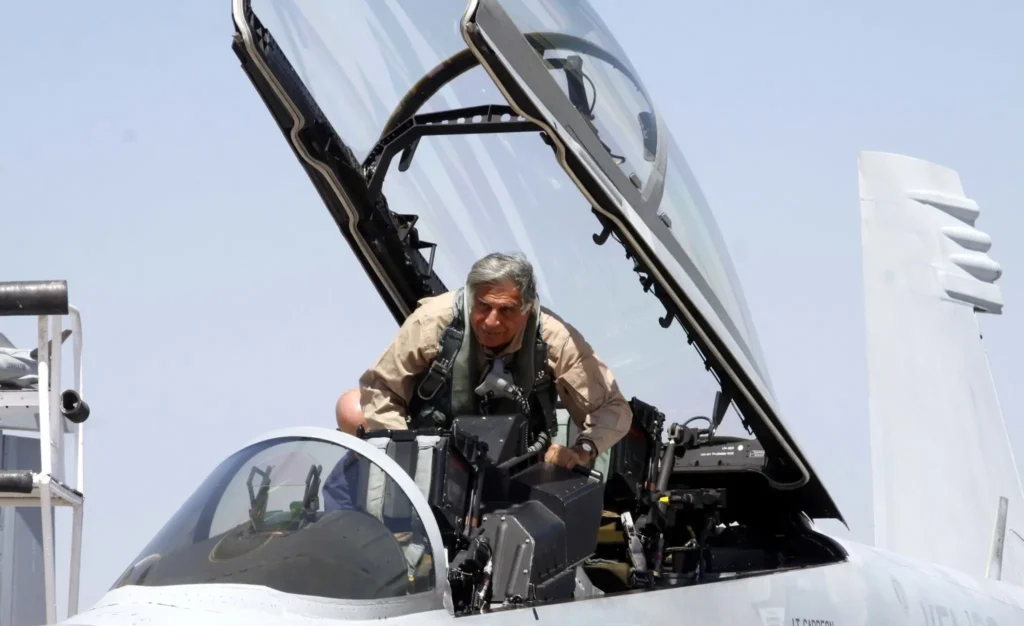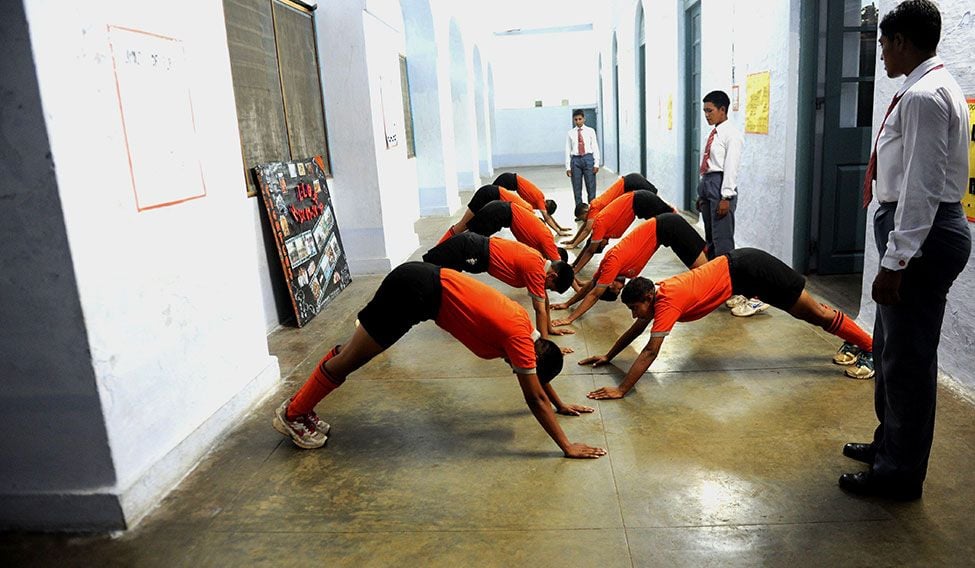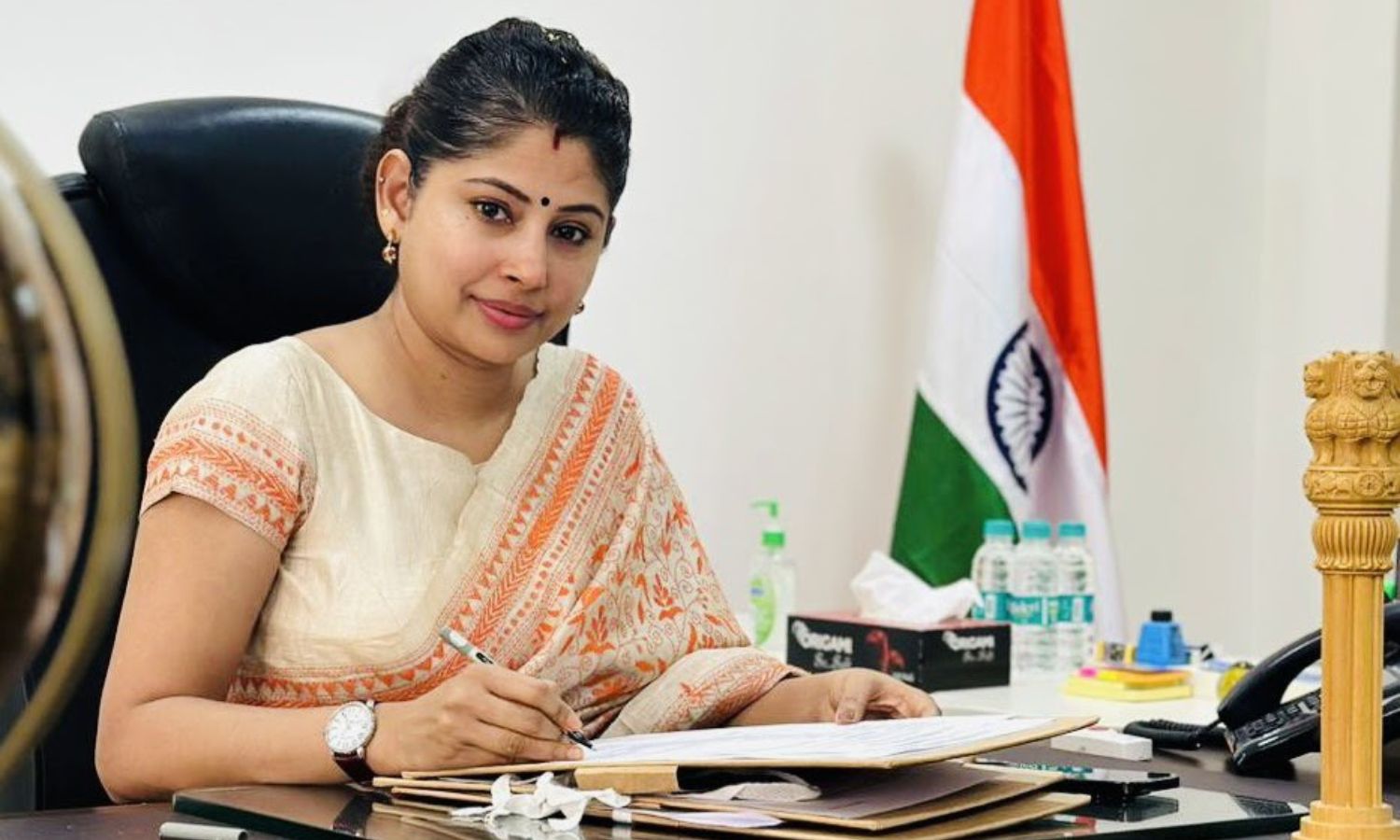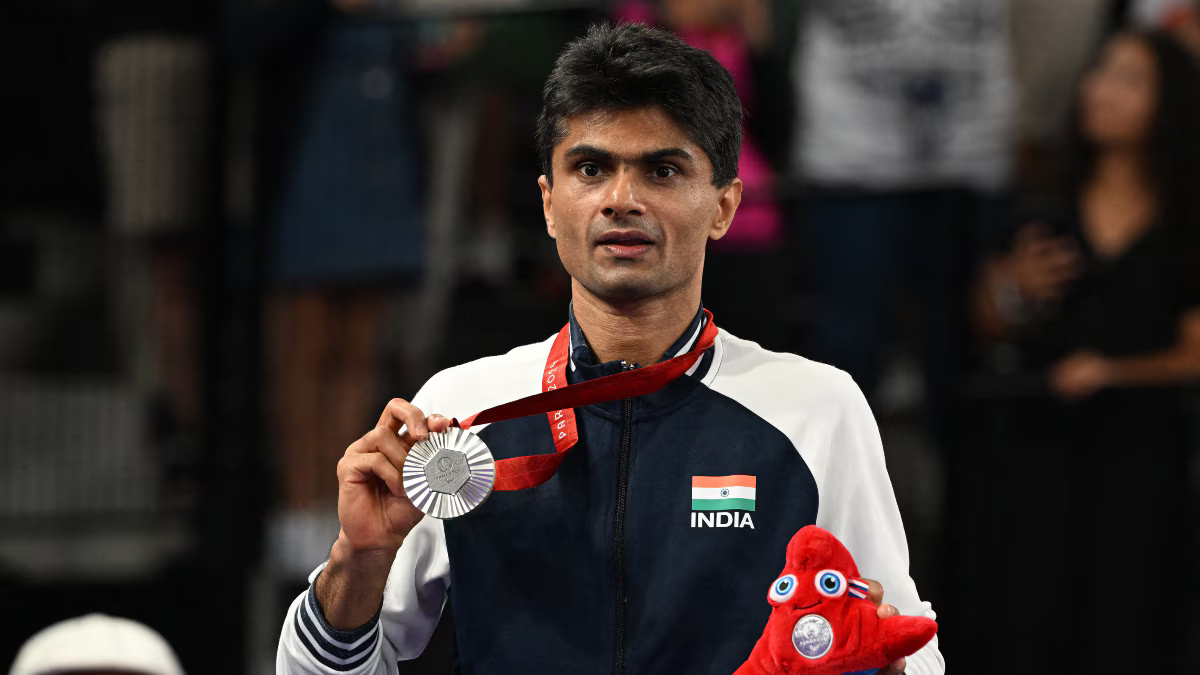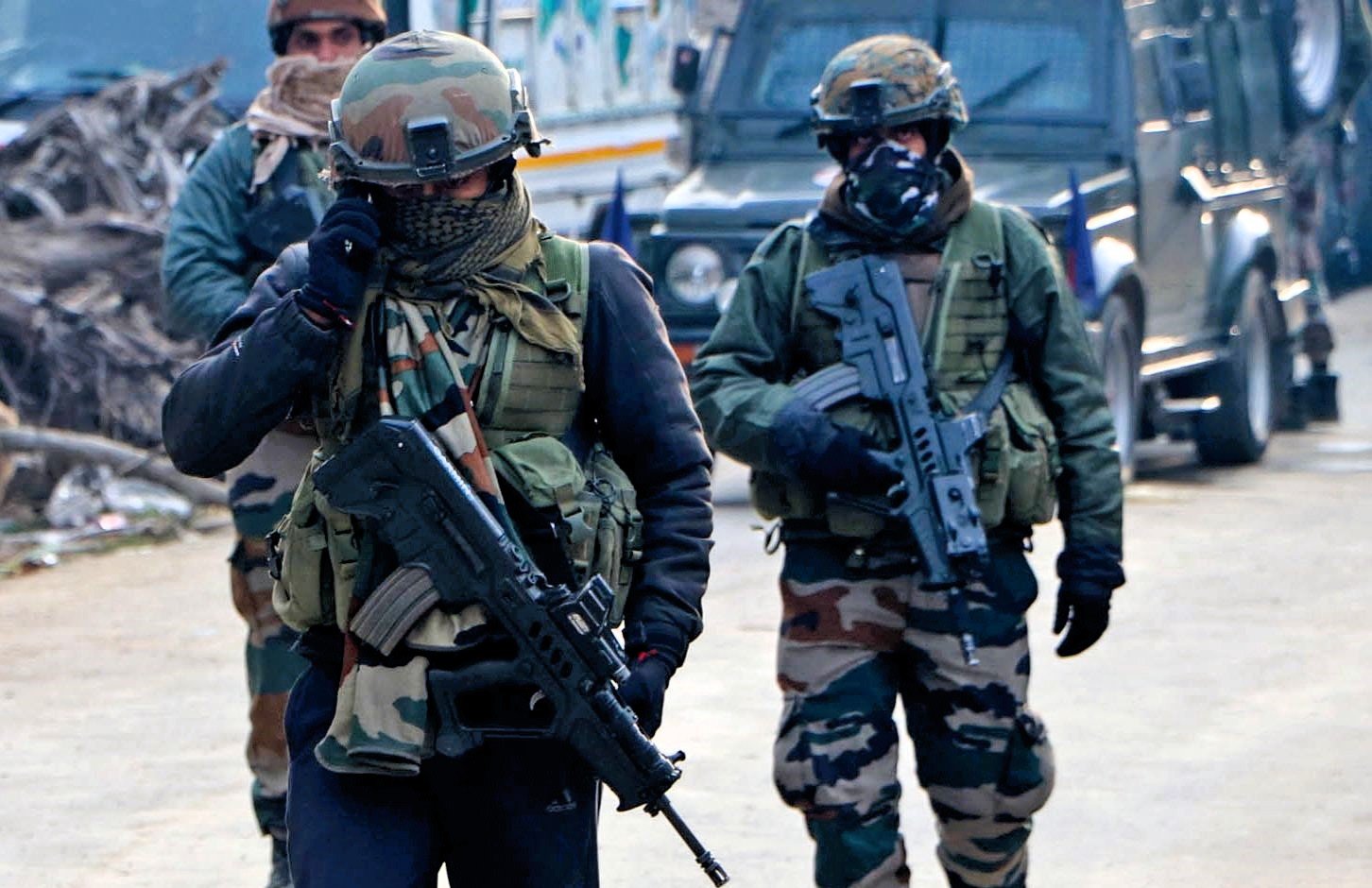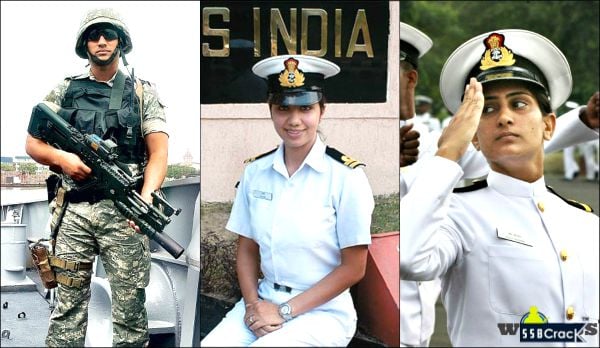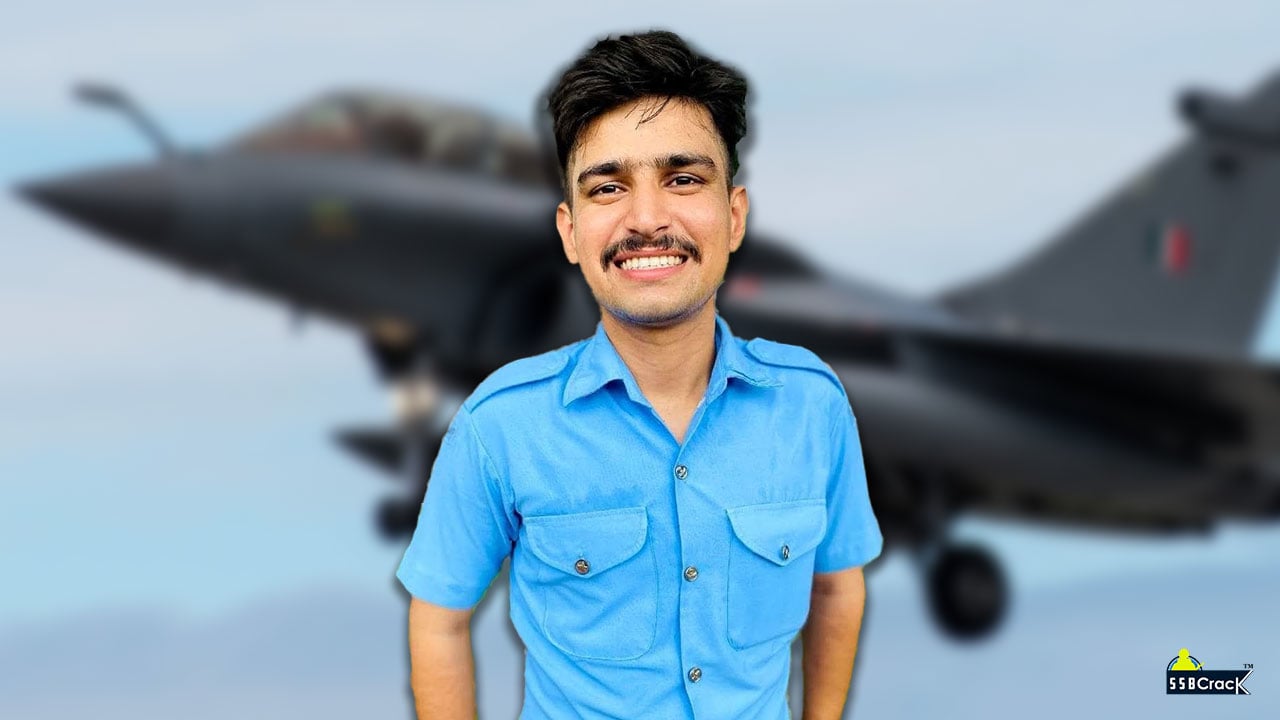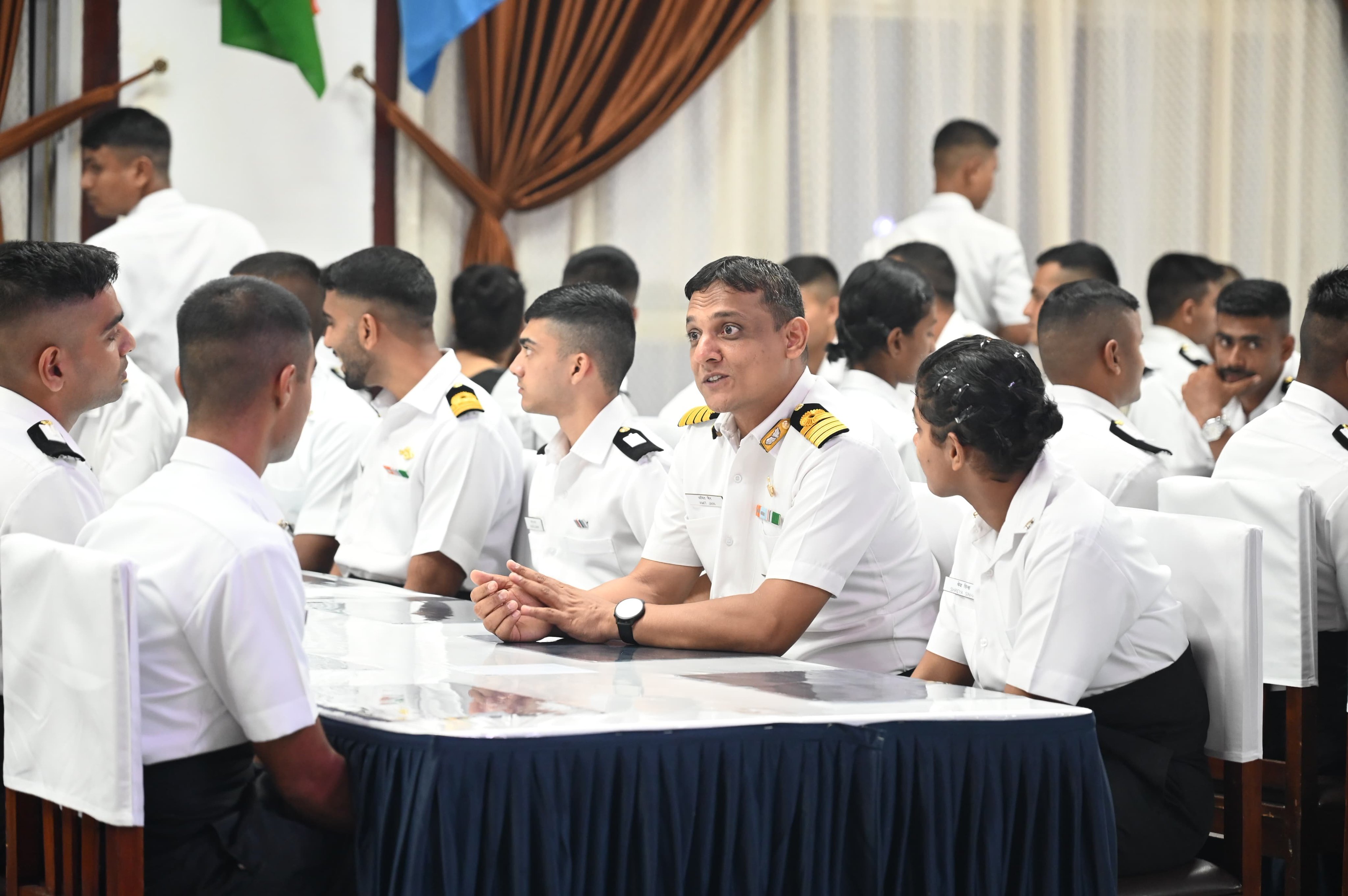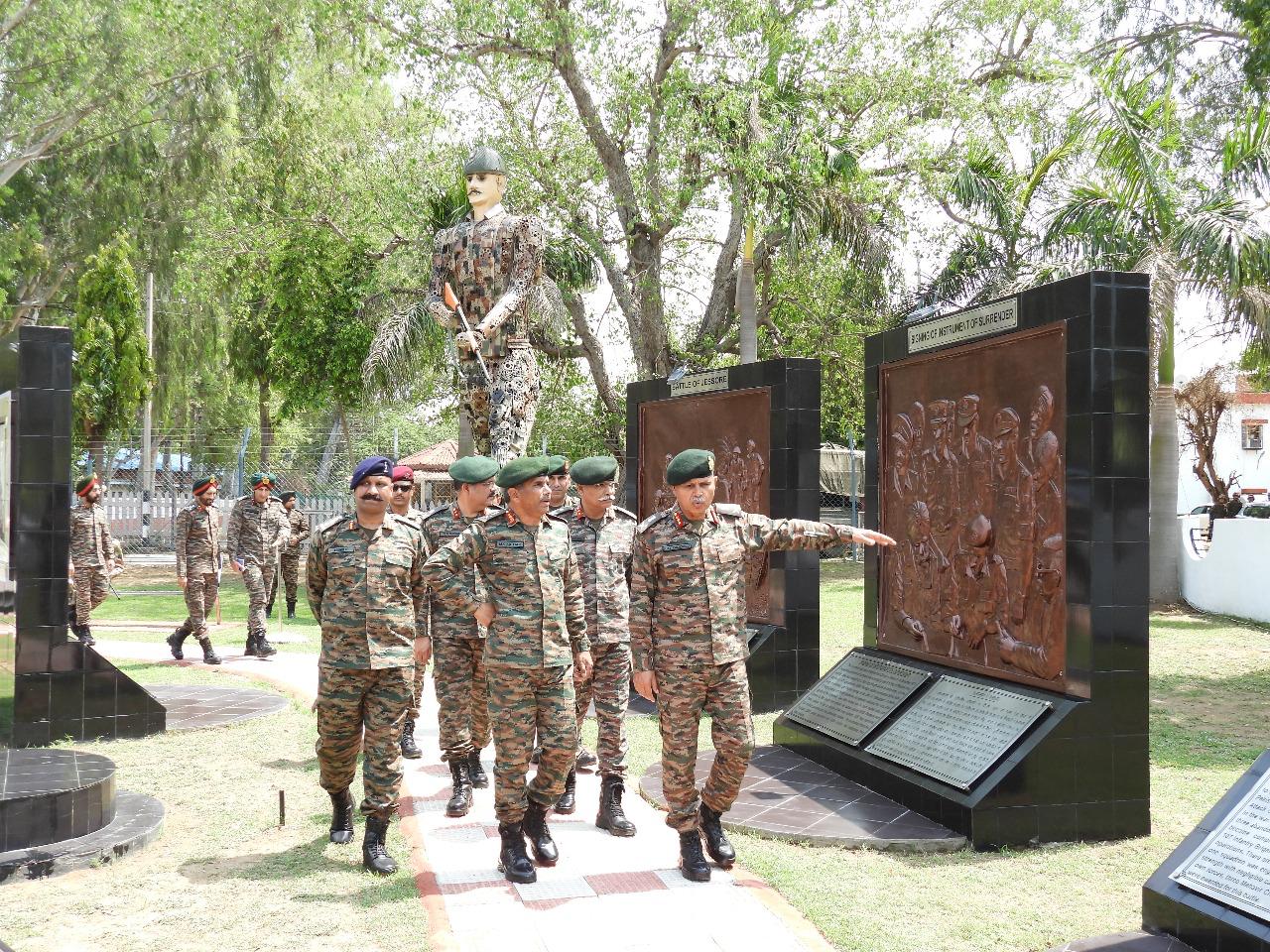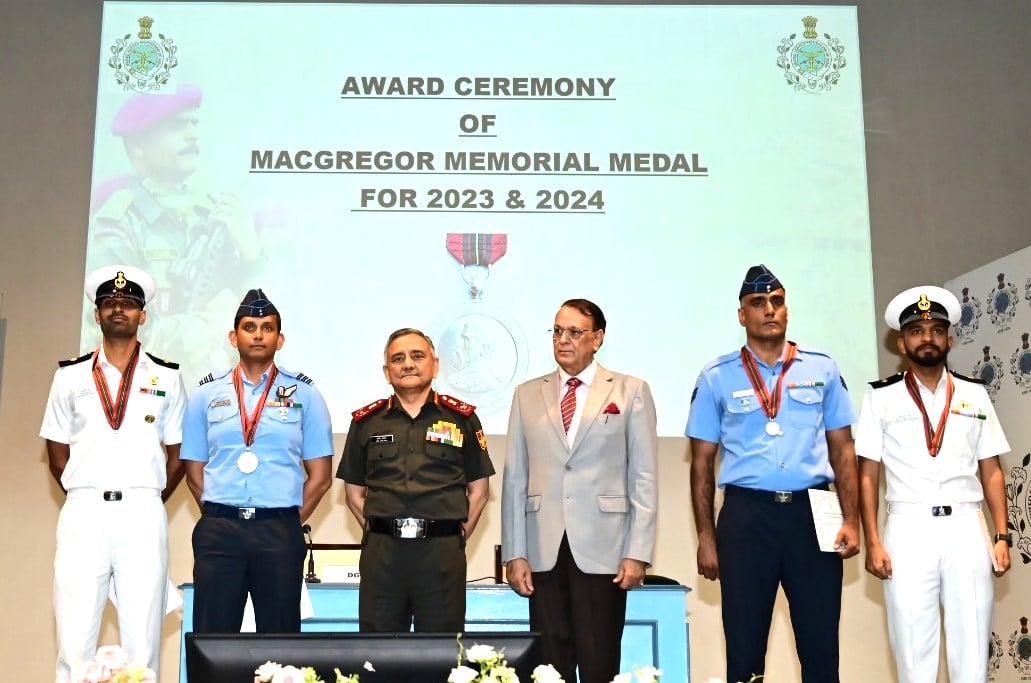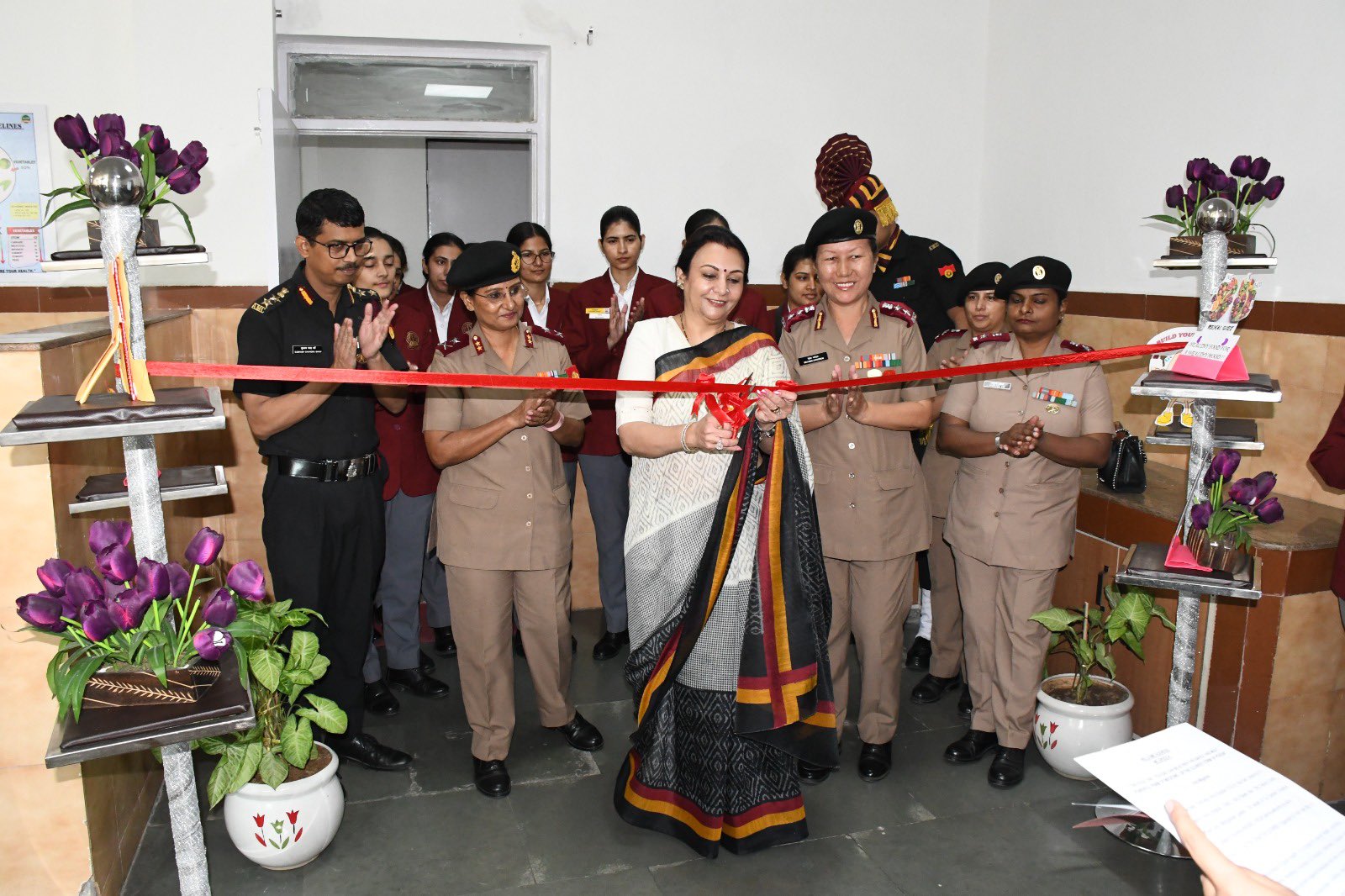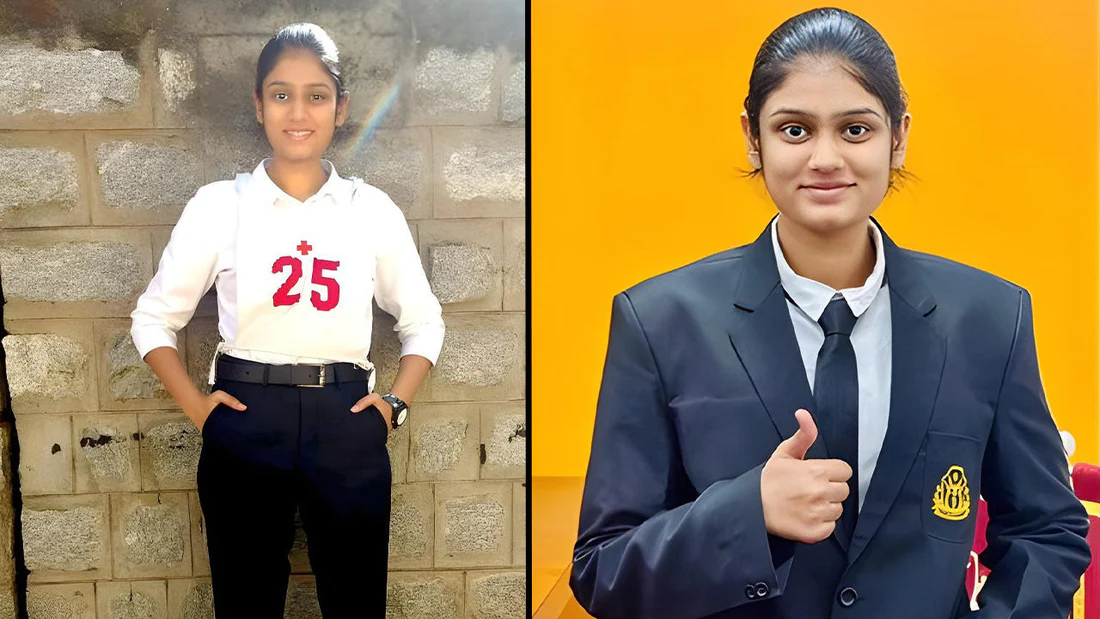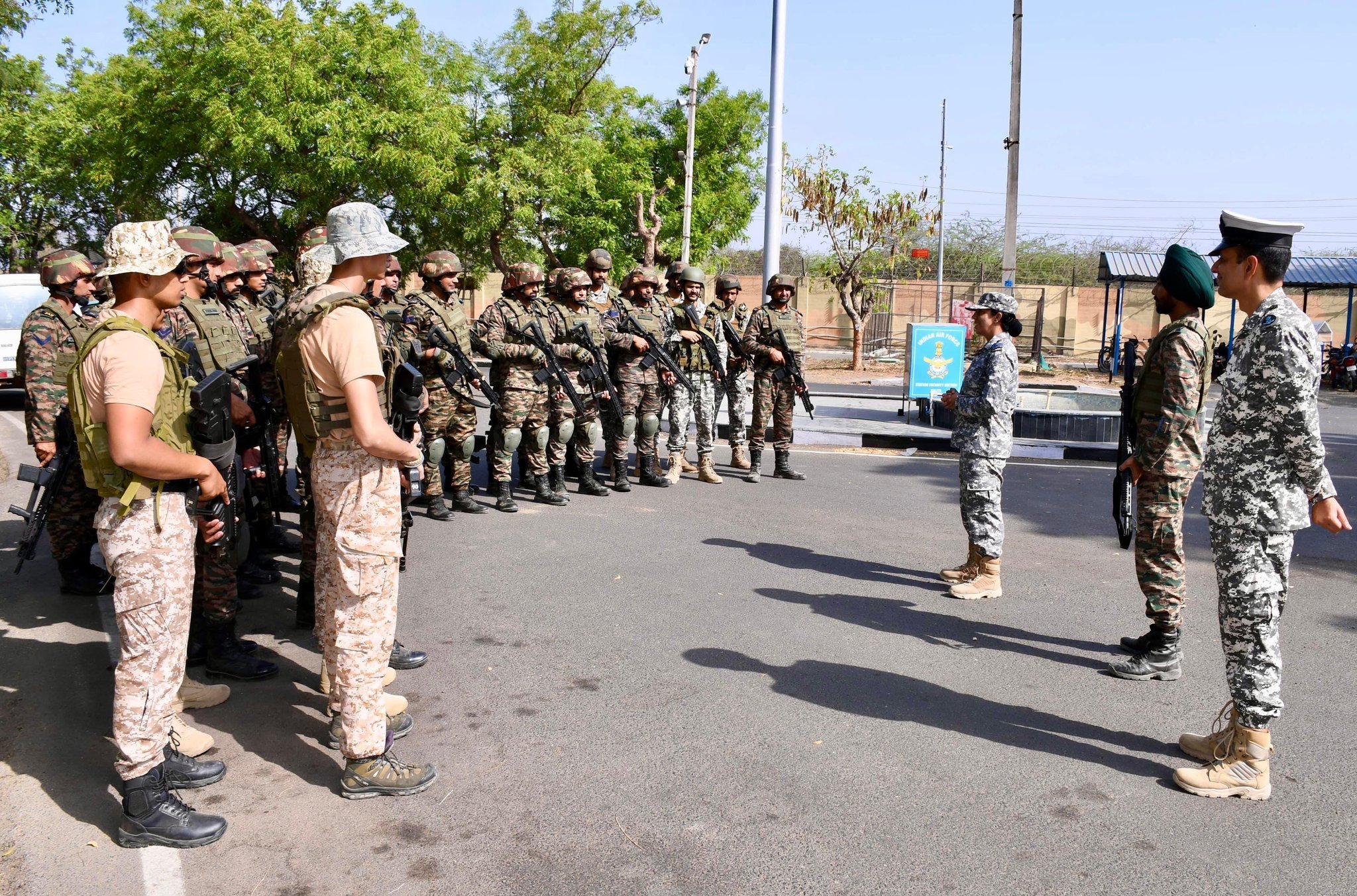SSB is regarded as one of the toughest interviews in India. And rightly so, because of the strict policies adopted towards the testing and the set OLQs. The interview itself if of 5 days. That speak volumes about what kind of people the armed forces want to lead their men into war.
How To Prepare for SSB Interview:
The 4 Factors of OLQs:
These men are selected on the basis of 15 defined OLQs that SSBs look in a candidate:
Effective Intelligence, Reasoning Ability, Organizing ability, Power of Expression, Social Adaptability, Co-operation, Sense of Responsibility, Initiative, Self Confidence, Quickness of Decision, Ability to influence, Liveliness, Determination, Courage and Stamina.
These 15 OLQs are categorized on the basis of 4 factors –
- Factor 1 – Intellectual
- Factor 2 – Social Adjustment
- Factor 3 – Social Effectiveness
- Factor 4 – Dynamism
Factor 1 – Intellectual:
In this factor, your brainpower and the capability of your use is tested. There are 4 OLQs under this factor:
- Effective Intelligence
- Reasoning Ability
- Organizing ability
- Power of Expression
Factor 2 – Social Adjustment
In this factor, your adjustment socially is tested – how good can you mingle in people with you. There are 3 OLQs which define this factor:
- Social Adaptability
- Co-operation
- Sense of Responsibility
Factor 3 – Social Effectiveness
This factor purely assess how effective you are among a group of people. This is very important factor as officers in the Indian armed forces need to keep the morale of their men high. There are 5 OLQs which define this factor:
- Initiative
- Self Confidence
- Quickness of Decision
- Ability to influence
- Liveliness
Factor 4 – Dynamism
Finally this factor defines the energy and spirit you carry within you. There are 3 OLQs that define this factor:
- Determination
- Courage
- Stamina
Manasa-Vacha-Karmana of OLQs
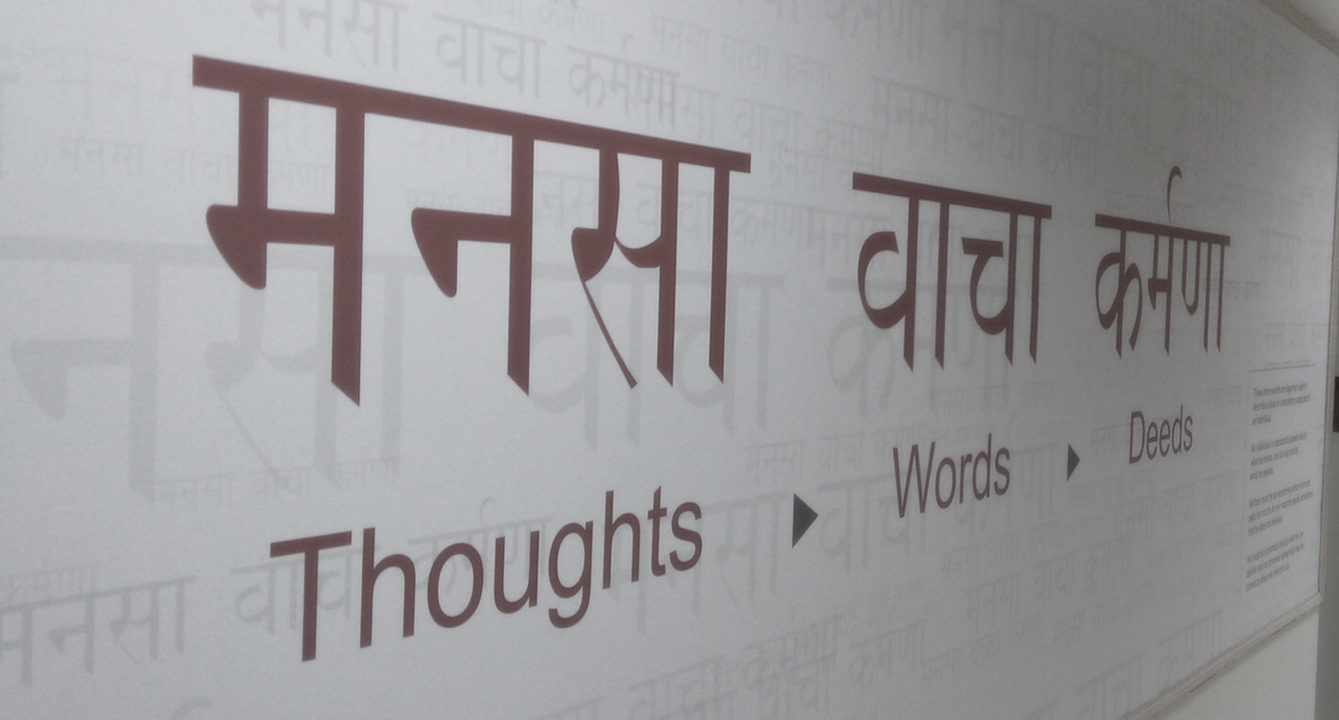
Whole testing procedure revolves around the analysis of the candidates’ psychology and his/her capabilities – what he/she speaks, thinks and do. This is often correlated to each other as Manasa Vacha Karmana – the three elements where the whole psychology of a candidate revolves around. The Sanskrit word manasa refers to the mind, vacha refers to speech, and karmana refers to actions.
Manasa is a candidates’ thoughts – his perception of situation and the way he thinks, whether positive or negative.
Vacha is the candidates’ words – what he speaks, whether his words have power to influence people around him, whether his words match his thoughts and whether he is fluent/confident in speaking those words.
Karmana is the candidates’ actions – whether it is linked to what he says, whether he can execute what he says and whether his actions matches his thoughts and words.
It is these elements of psychology based on which whole 15 Officer Like Qualities are developed. Let’s see how these OLQs relate to these elements:
- Effective Intelligence – Manasa and Vacha
- Reasoning Ability – Manasa and Vacha
- Organizing ability – Manasa and Karmana
- Power of Expression – Manasa and Vacha
- Social Adaptability – Manasa
- Co-operation – Manasa and Karmana
- Sense of Responsibility – Manasa and Karmana
- Initiative – Manasa and Karmana
- Self Confidence – Manasa, Vacha and Karmana
- Quickness of Decision – Manasa and Vacha
- Ability to influence – Vacha
- Liveliness – Manasa, Vacha and Karmana
- Determination – Manasa, Vacha and Karmana
- Courage – Manasa and Karmana
- Stamina – Karmana
Don’t be surprised now if I say you that the whole SSB testing procedure is classified based on these three elements. Shocked? Let’s See:
Current Affairs eBooks
- Current Affairs Jan 2018 eBook
- Current Affairs Dec 2017 eBook
- Current Affairs Nov 2017 eBook
- Current Affairs Oct 2017 eBook
- Current Affairs Sep 2017 eBook
Psychological Tests:
These tests are pure psychology tests and analyses your thinking ability. The TAT, WAT, SRT and SD – all these tests solely assess your divergent thinking capabilities – your manasa.
Interview:
Interview is a conversation between you and the interviewer. It is what you say here, that defines who you are. No one can peek into your mind to assess your thinking unless you say it yourself. Therefore, interview assess your vacha.
GTO:
Needless to say now, the ground tasks that you perform assess you on your actions – Karmana. What you say in GD, what you plan in GPE, what you do in PGT, HGT, CT, IO, FPGT and Lecturette defines whether your actions are capable of fulfilling your words and thoughts.
Many candidates make this mistake thinking that since all the assessors are testing you in isolation, you can write one response in Psych tests, say something other in Interview and do something totally different in GTO. That is the reason there is a board conference;
Conference:
Since now all the three assessors have assessed you individually, they now compare your results with each other. If what you think matches with what you say and do, the Psychologist gives you a thumbs up. If what you say matches with your thinking and actions, the interviewer gives you a thumbs up. Similarly, if what you speak matches with what you think and say, the GTO gives you a thumbs up. It is only when all three have given their thumbs up, you are called inside the conference room and president confirms whether to give you a thumbs up or no.
Before the board conference, the assessors are not even allowed to discuss about a candidate as per protocols. So, your result have already been evaluated even before you enter the conference room and that is the same reason the assessors take some time before calling in the next person.
Conclusion: Now that you have the secret of understanding OLQs better and what actually are the basis of these OLQs, you can prepare accordingly and develop them for you.
To prepare for defence exams and SSB interview, get these books:

